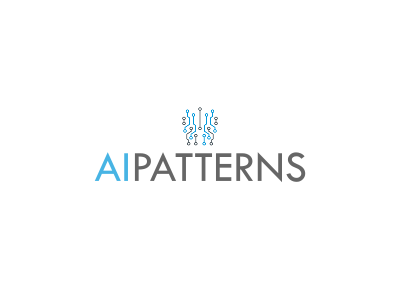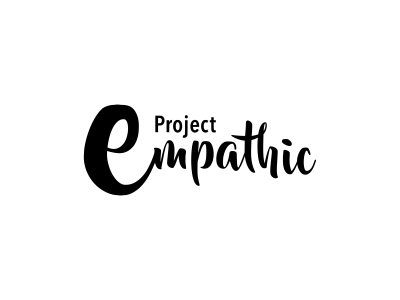Research Project Title : A Pilot analysIs of behavioRal and opeRational data for detEcting Socio-emotional PrEcursors of mild CogniTIVE impairments (MCI) and demEntia (IRRESPECTIVE)
Principal Investigator: Prof. Anna Esposito
Università degli Studi della Campania “Luigi Vanvitelli”
Brief description
IRRESPECTIVE aims at developing a multi-modal, multi-episode and multi-tasks approach for dementia’s automatic, personalized detection and assistance, by exploiting data (video-recordings of targeted tasks), which describe the ability of individuals to exhibit and process the above-listed social signals.
The Project will define adequate tasks/scenarios to assess initial manifestations of peculiar changes in social cognition and behaviors in people in the prodromal or early stages of dementia. The features describing
these behavioral changes will be compared with classical dementia cognitive tests to assess their robustness in describing prodromal and early stages of dementia.
Automatic supervised/unsupervised artificial intelligent methods will be developed to detect such features from naturalistic data and devise early risk prediction, prevention and intervention protocols helping human experts to detect and discriminate the prodromes of these neurodegenerative diseases suggesting personalized care, thus resulting in better-quality individual healthcare services and healthcare outcomes
Objectives
- To construct a set of video recordings of social exchanges in the healthy population, in order to have a reference sample for further investigation in individuals with cognitive decline.
- Investigate the impaired aspects of social cognition (social perception, empathy, Theory of Mind, emotional competence and regulation, social behavior) in pathological populations, resulting from a comparison with the healthy reference population in order to identify significant differences in terms of socio-emotional behaviors.
- Integrate the knowledge acquired with the instrumental evidence (results of cognitive tests and the standard diagnostic procedure) of the aforementioned patient populations in order to improve the accuracy of the diagnosis.
- Identify artificial intelligence and signal processing methods – supervised and unsupervised – that best capture such changes and that range from the analysis of video recordings and the operational signals collected to the automation of their detection and classification.
-

Crystal
by
in ProjectsCRYSTAL (Conversational Systems for Emotional Support and Customer Assistance) will advance research for a next generation of conversational models and systems that implement reliable, friendly and efficient human-machine interactions that can assist humans in tasks beyond automatic information provision, such…
-

Ai Patterns
by
in ProjectsAi Patterns uses sophisticated models to depict cloud capabilities more effectively and new methods for detecting mild cognitive issues at an early stage. Researchers will build an extensive database for early identification of cognitive impairments, leading to decreased healthcare expenses…
-

Menhir
by
in ProjectsMental health monitoring through interactive conversations (MENHIR) is an H2020 Research and Innovation Staff Exchange (RISE) project. The project aims to research and develop conversational technologies to promote mental health and assist people with mental ill health (mild depression and anxiety) manage their…
-

Empathic
by
in ProjectsThe EMPATHIC Research & Innovation project will research, innovate and validate new paradigms, laying the foundation for future generations of Personalised Virtual Coaches to help elderly people to live independently. The wellness coaching advice will promote healthy habits and behaviour,…
